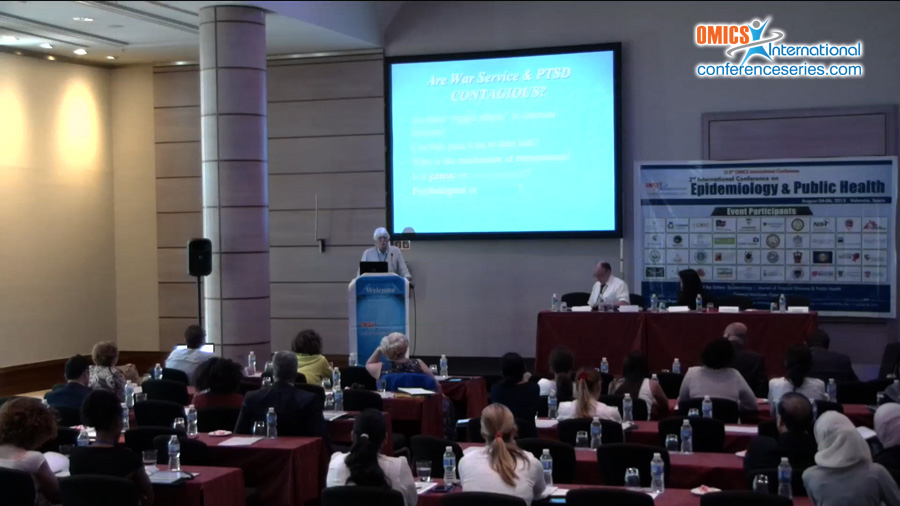
Brian I. O’Toole
University of Sydney Brain & Mind Research Institute, Australia
Title: Secondary Effects of War Service: The Families of Australian Vietnam Veterans
Biography
Biography: Brian I. O’Toole
Abstract
When combat soldiers return home, they carry the legacy of combat and posttraumatic stress disorder into their post-war lives. An epidemiological cohort study of 1,000 Australian veterans of the Vietnam War has examined the associations of combat trauma exposure on the physical and mental health of the veterans and their wives and partners three decades after the war, using standardised combat assessments and WHO/CIDI psychiatric interviews. Veteran combat is strongly associated with alcohol use disorders, domestic violence, posttraumatic stress disorder, depression and other psychiatric disorders in the veterans, and with anxiety and depression, suicidality and marital dysfunction in their wives. The cohort has now included 315 veterans’ adult children to examine any “ripple effects†in combatants’ children. This paper will present the first findings for the association of veteran combat and PTSD on the mental health of their adult offspring, using the same standardised psychiatric interviews. Results include that veterans’ depression, PTSD and combat are associated with offspring PTSD [OR (95%CI) for PTSD diagnosis = 2.25 (1.10, 4.75)]; veteran alcohol dependence is associated with offspring reports of father’s interpersonal violence [OR (95%CI) = 8.30 (2.52, 27.35) and offspring PTSD [OR (95%CI) = 2.49 (1.07, 5.80), and veteran PTSD is associated with offspring substance dependence [OR (95%CI) = 2.98 (1.21, 7.34)]. The fighting currently occurring around the world may carry with it higher post-conflict public health risks of psychiatric disorders not only in the fighters but also in their families.


